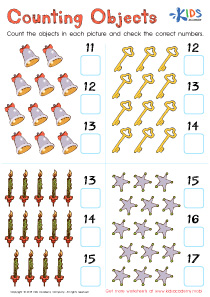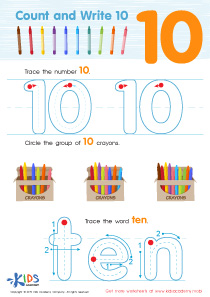Mathematical reasoning Normal Rounding Worksheets for Ages 6-8
3 filtered results
-
From - To
Boost your child's math skills with our "Mathematical Reasoning Normal Rounding Worksheets for Ages 6-8." Designed to develop crucial rounding abilities, these worksheets provide engaging exercises that simplify complex concepts. Ideal for kids aged 6 to 8, the activities enhance mathematical reasoning, teaching children to round numbers to the nearest ten or hundred. Stimulating and educational, each printable worksheet ensures interactive learning, offering clear, step-by-step instructions for effective comprehension. Perfect for classrooms or at-home practice, our worksheets foster a deep understanding of rounding, paving the way for future mathematical success. Visit the link to unlock endless learning possibilities!
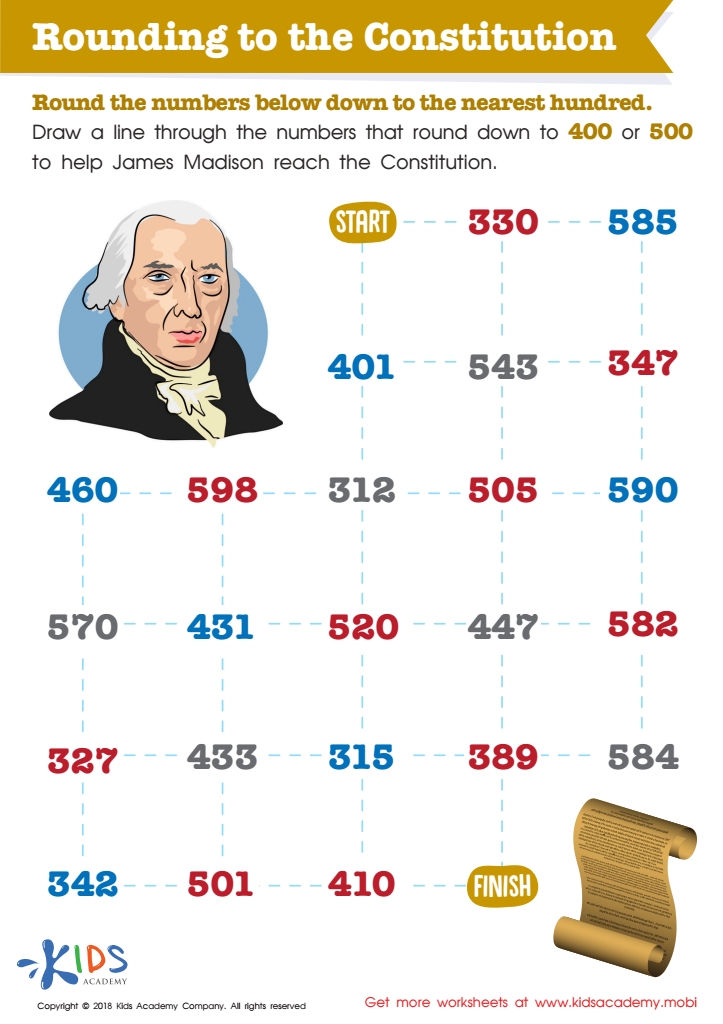

Rounding to the Constitution Worksheet
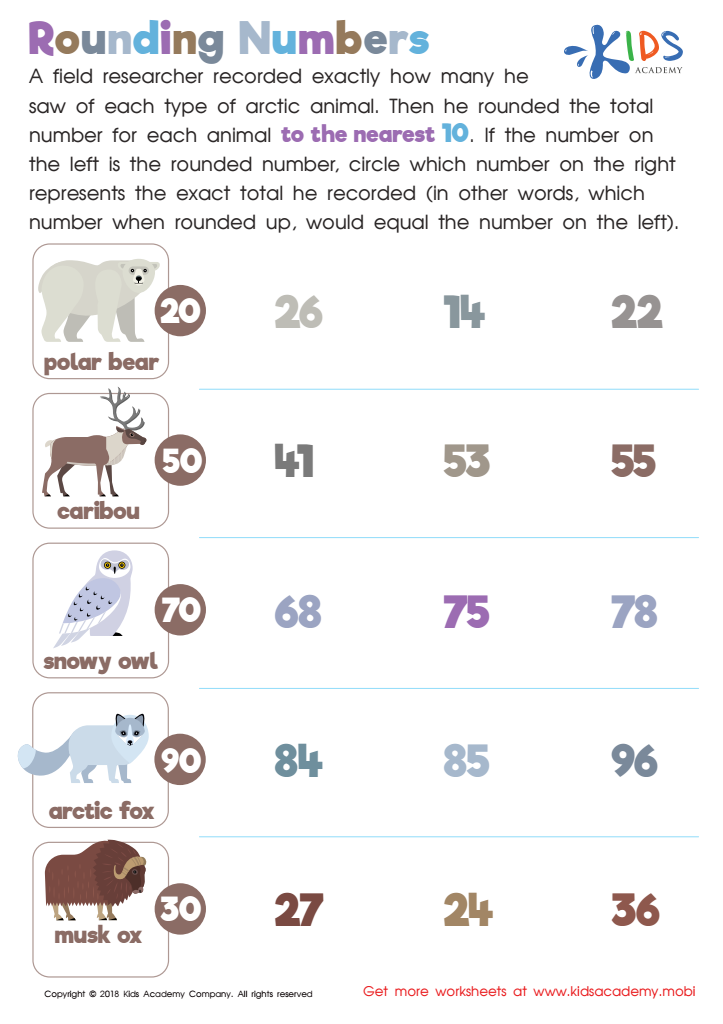

Rounding Numbers Worksheet
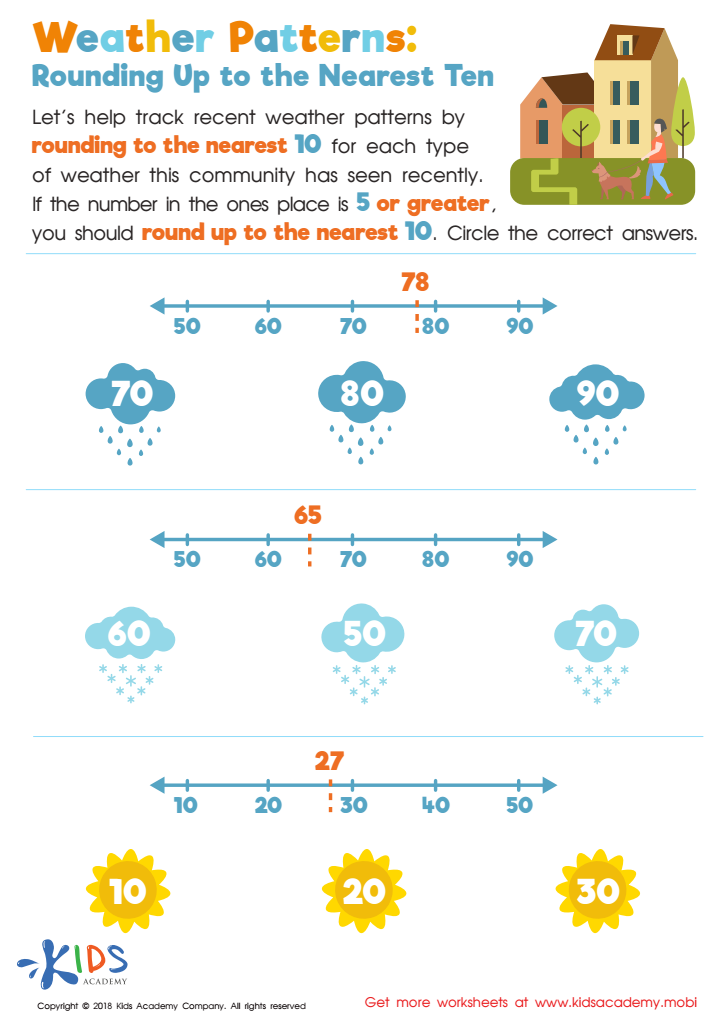

Weather Patterns Worksheet
Mathematical reasoning and normal rounding are essential skills that lay the foundation for future mathematical learning for children aged 6-8. Developing mathematical reasoning helps young learners understand and manipulate numbers, fostering critical thinking and problem-solving skills. When children grasp the concepts of logic, patterns, and relationships within math, they’re better equipped to tackle more complex problems later on.
Normal rounding, specifically, is a crucial aspect of mathematical reasoning. It helps children simplify numbers, making complex concepts and operations more manageable. For instance, when children round numbers, they better understand place value – an essential building block in mathematics. This comprehension aids in more advanced topics like addition, subtraction, multiplication, and division that they will encounter as they progress in their education.
Additionally, rounding teaches estimation, an indispensable skill for everyday life. From handling money to measuring quantities in cooking, the ability to make educated guesses is invaluable. It allows children to make quick mental calculations and develop an intuitive sense of number magnitude.
By focusing on mathematical reasoning and normal rounding, parents and teachers provide a robust foundation for numerical literacy. This not only boosts academic performance in math but also enhances a child's overall cognitive development, preparing them for a world replete with numbers.
 Assign to My Students
Assign to My Students







